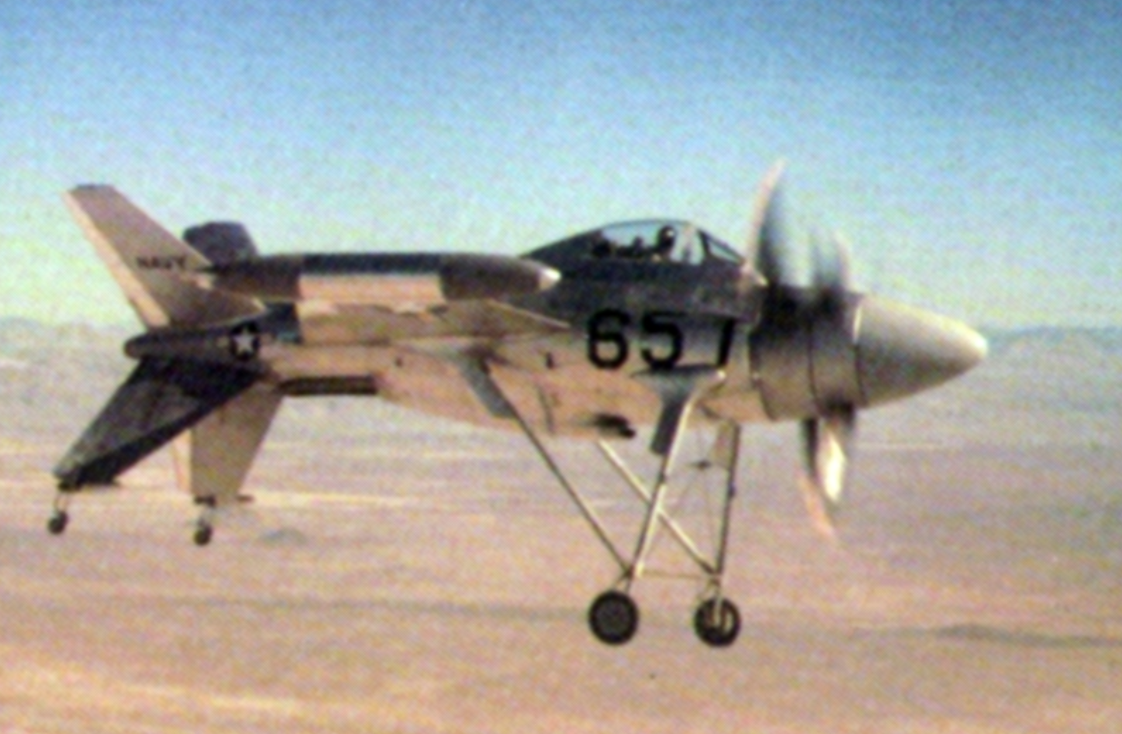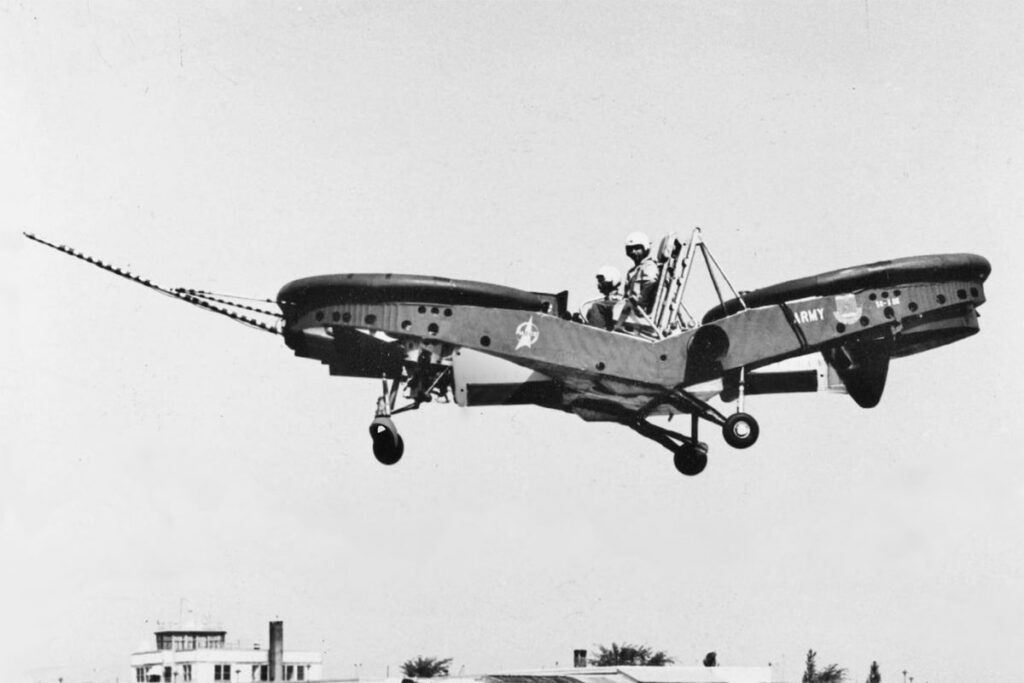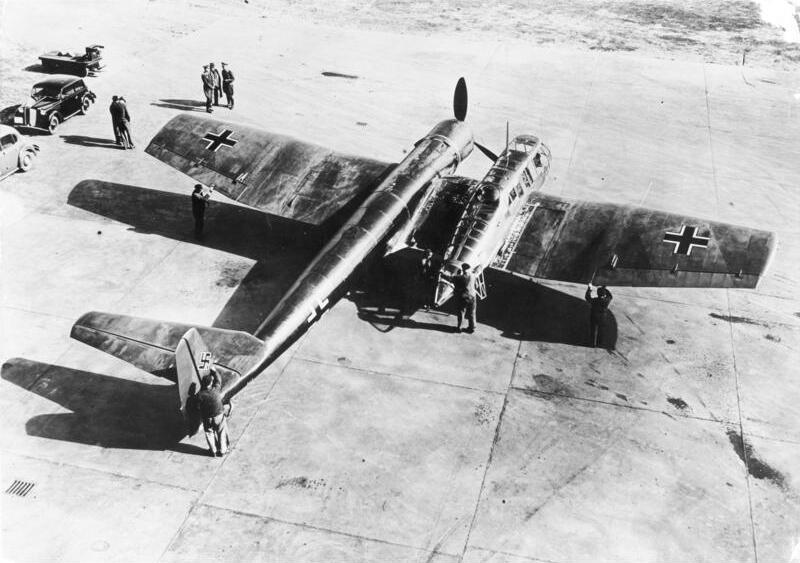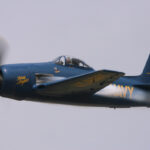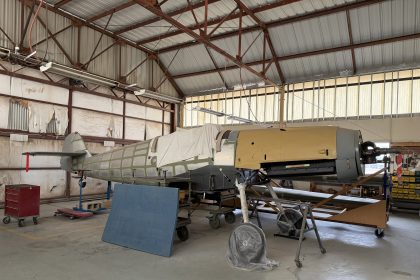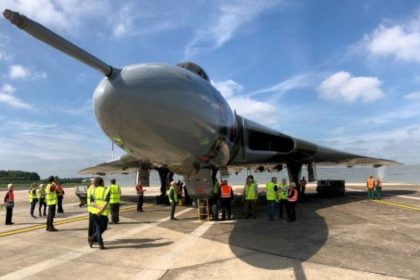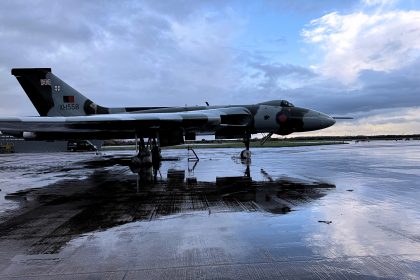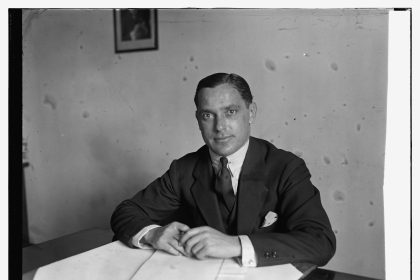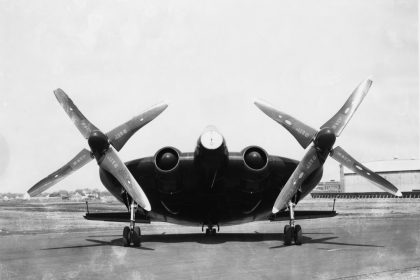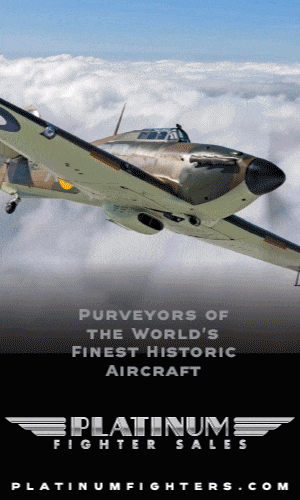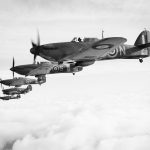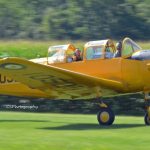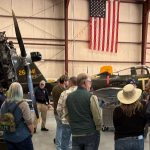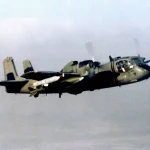“Vintage Aviation News staff did not write this article; the content comes via our partners who wish to help support our website.”
The aviation industry, long hailed as a pioneer in aerospace technology, has stamped its authority through unique and groundbreaking aircraft designs. A perfect example is the Flying Jeep, an audaciously absurd flying car that has pushed the boundaries of conventional aviation concepts.
And if you are an aviation enthusiast, some of these uniquely built planes will trigger your interest to explore more about them. The good news is that while some of them were phased out years ago, others are still displayed in notable museums.
Of course, knowing the exact locations of these museums can be hard to catch. But with some research, just like when looking for a casino that has expanded its game collection, you will find a perfect museum. Otherwise, here is the list of the noteworthy wing wonders that have left people in awe!
1. The Pregnant Guppy
First on the list is the Pregnant Guppy, a masterclass of a plane that’s as bizarre as its name suggests. It was built in the mid-60s and took its first flight on August 31, 1965. Its official name was Boeing B377PG, but people preferred calling it the Pregnant Guppy because it was designed with a vast body for ferrying oversized cargo. As such, it bore an uncanny resemblance to a pregnant fish.
2. The Goodyear Inflatoplane
Goodyear, one of the leading tire companies today, once tried to design airplanes- 12 of them, to be exact. They were known as Goodyear Inflatoplanes. And, like Goodyear tires, these planes were supposed to be inflatable.
The idea to develop inflatable airplanes stemmed from a need for aircraft that the military could drop behind enemy lines, where downed pilots would inflate and use them to elope to safety. However, military officials determined that enemies would easily bring these rubber planes down, so they were eventually taken off the market.
3. The Flying Jeep
As crazy as the name sounds, it accurately depicts what this plane looked like- a flying jeep. This experimental aircraft was developed by Piasecki Aircraft in the mid-1900s. It was a prototype for an ingenious model expected to make airdropping off-road army vehicles easier. But the plane, which was essentially a jeep with rotors, was phased out because it was considered inherently dangerous to human pilots.
4. The Spruce Goose
The famed World War II forced soldiers to devise ingenious ways of countering attacks and annihilating their enemies, including using the Spruce Goose. Otherwise known as Hughes H-4 Hercules, the Spruce Goose’ primary objective was to enable vital war materials and troops to be shipped across the Atlantic Ocean at a time when German submarines were wreaking havoc and destroying countless Allied ships.
Whereas most planes were made of metal, the Spruce Goose was a wooden aircraft. And it was humongous. The Spruce Goose was around 219 feet long and had a mind-boggling 320-foot wingspan.
5. The One-Man Personal Copter
Have you ever watched a cartoon with characters wearing caps with propellers? It’s actually not an exaggeration or an imagination and perfectly applies to the historic one-man personal copter. It is a one-person personal helicopter with a man standing on an open platform, unprotected from large rotor blades chopping the air furiously a few feet below him.
The idea of the one-person helicopter never took off, so to speak, since it was hazardous to the user.
6. The Dreamlifter Airplane
Most planes listed here are obsolete, but not the Boeing Dreamlifter. This enormous cargo plane is still up and flying. But it’s mostly reserved for aid missions.
But what makes the Dreamlifter unique? This aircraft has a mind-blowing capacity. According to experts, the Boeing Dreamlifter’s cargo bay is nearly 3x larger than what 747Fs have. The first Dreamlifter was made from 4 passenger-configured Boeing 747-400s.
7. The Lockheed Salmon
The Lockheed XFV Salmon was an experimental tailsitter airplane. As the name implies, it was a brainchild of Lockheed and closely resembled a salmon. The plane was designed with maneuverability, speed, and agility in mind. But it never made even a single vertical landing or takeoff. That is why you’ve never seen a Lockheed Salmons darting across the sky.
8. The Blohm & Voss BV 141
The Blohm & Voss BV 141, manufactured by Blohm+Voss and Hamburger Flugzeugbau, had an extraordinary asymmetry. Simply put, the aircraft’s fuselage and crew gondola were completely separate.
The plane had its engine in front with the crew behind it (on the right side), and the fuselage was located off the center of the left wing. However, German military officials distrusted the machine’s design, which led to its cancelation in 1940.
Summing Up
Many weird and interesting planes have been made, ranging from the Pregnant Guppy and the Lockheed Salmon to the Spruce Goose and the Flying Jeep. Although many were retired long ago, they are on display in different museums, including the Evergreen Museum, which is home to the Spruce Goose.
“Vintage Aviation News staff did not write this article; the content comes via our partners who wish to help support our website.”







